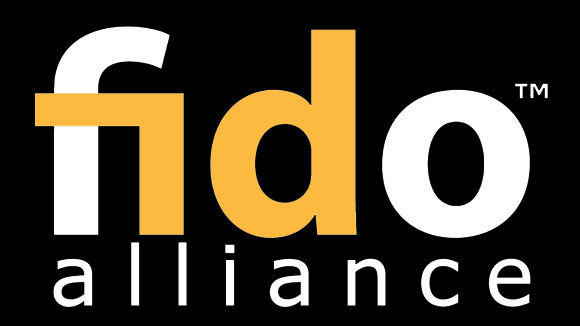Google plays fetch with security by joining future-looking FIDO Alliance
Google puts executive where mouth is

Sign up for breaking news, reviews, opinion, top tech deals, and more.
You are now subscribed
Your newsletter sign-up was successful
Google's demonstrated its proclaimed commitment to digital security by joining the Fast IDentity Online (FIDO) Alliance, the company announced this week.
Google's Product Management Director of Information Security Sam Srinivas joined FIDO's board of directors on Tuesday, saying in a press release, "Joining the FIDO Alliance is a great way to increase industry momentum around open standards for strong authentication."
The Alliance's goals include "developing specifications that define an open, scalable, interoperable set of mechanisms that supplant reliance on passwords to securely authenticate users of online services," according to FIDO's official site.
FIDO was founded in 2012 by companies like PayPal and Lenovo, and Google joins them, as does Nok Nok Labs, CrucialTec USA, NXP Semiconductors, and Validity Sensors Inc. in having executives on the Alliance's board.
Google stepping up
Earlier this year Google expressed its dissatisfaction with the common password-based user authentication process, so it's no surprise that the company's current security goals fall right in line with FIDO's.
"We're focused on making authentication more secure, and yet easier to manage," a Google spokesperson told TechRadar in January.
Google teaming up with the alliance is a big step toward finally doing away with passwords and other unreliable security methods and finally making some progress when it comes to protecting our online identities.
Sign up for breaking news, reviews, opinion, top tech deals, and more.
Fingerprint scanners and facial recognition, oh my
According to the press release, FIDO's two-factor authentication processes will ultimately include fingerprint scanners, voice and facial recognition devices, and less exciting, existing technologies like NFC, "One Time Passwords" and USB security tokens.
"The need for universal strong authentication has reached a tipping point," said Sebastien Taveau, FIDO technology working group chair and CTO of Validity Sensors, Inc., in yesterday's press release.
"And the support of the many FIDO Alliance members will ensure the rapid global adoption of an interoperable standard that protects the consumer's many online identities," he continued.
Michael Rougeau is a former freelance news writer for TechRadar. Studying at Goldsmiths, University of London, and Northeastern University, Michael has bylines at Kotaku, 1UP, G4, Complex Magazine, Digital Trends, GamesRadar, GameSpot, IFC, Animal New York, @Gamer, Inside the Magic, Comic Book Resources, Zap2It, TabTimes, GameZone, Cheat Code Central, Gameshark, Gameranx, The Industry, Debonair Mag, Kombo, and others.
Micheal also spent time as the Games Editor for Playboy.com, and was the managing editor at GameSpot before becoming an Animal Care Manager for Wags and Walks.
